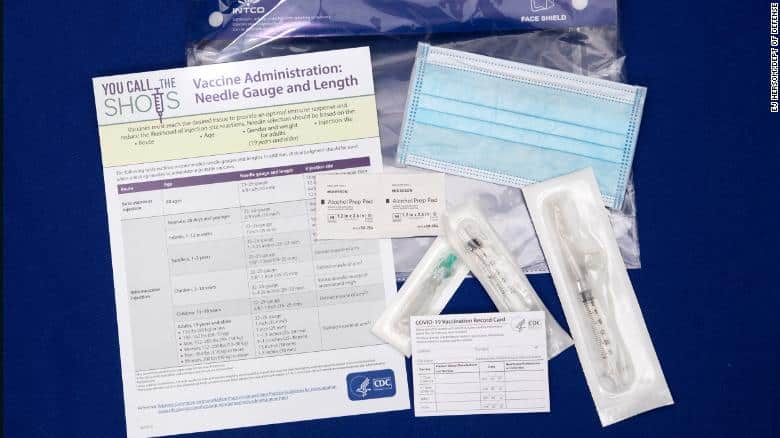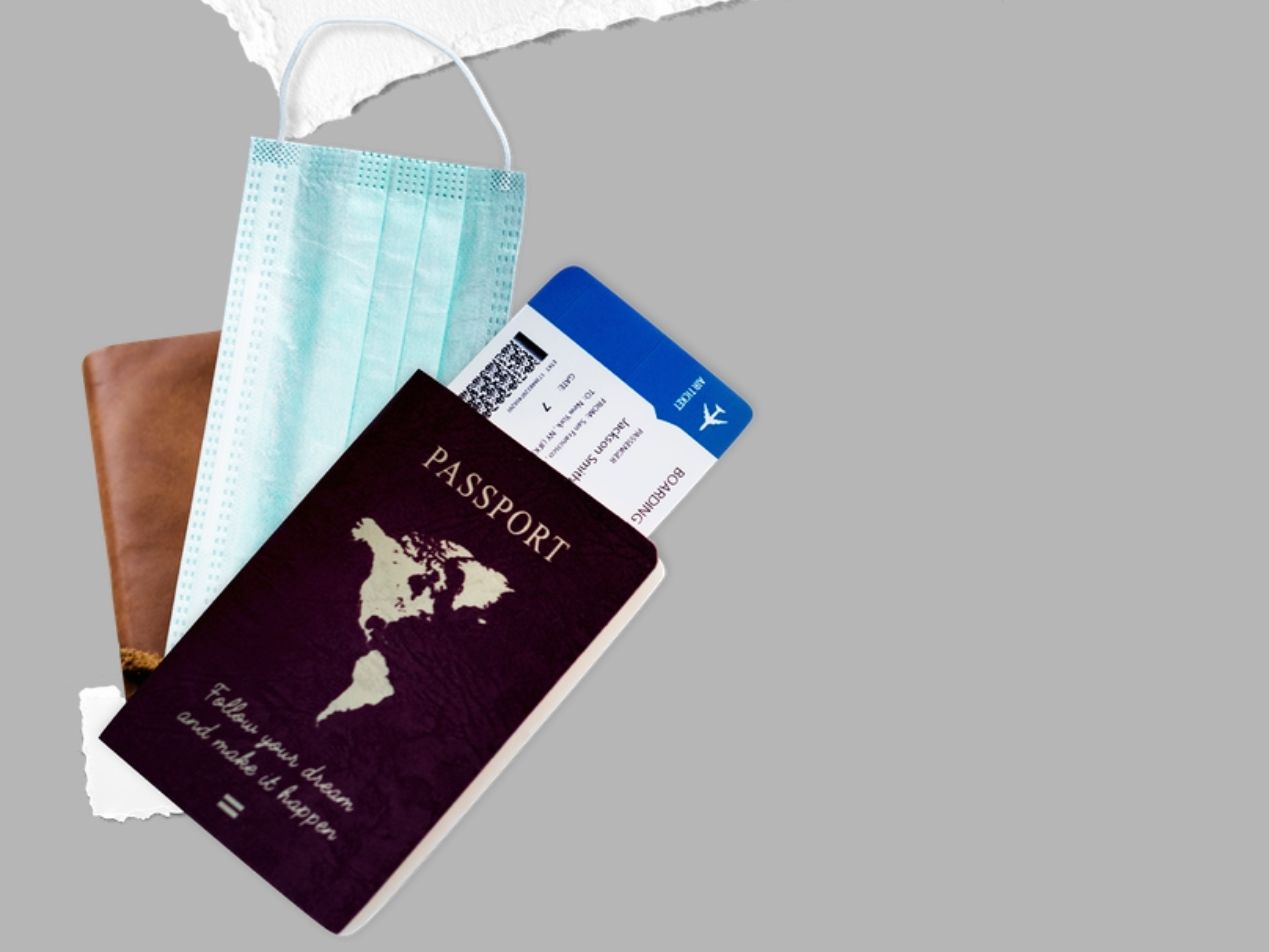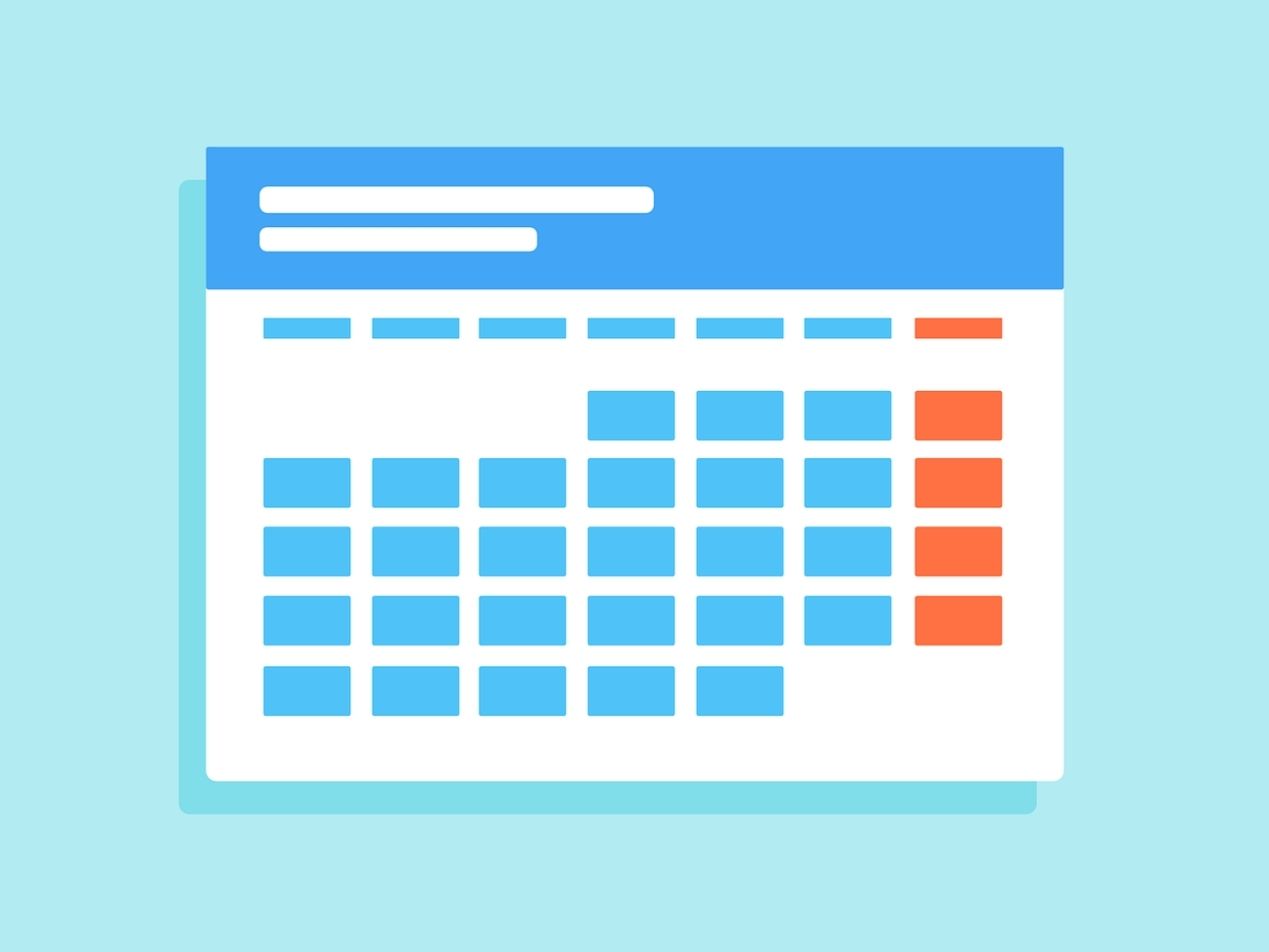
How will vaccine deliveries be tracked?
According to the Centers for Disease Control (CDC), there are specific documentation and reporting requirements for the COVID-19 vaccine. Vaccination providers enrolled in the COVID-19 Vaccination Program are required to:- Document vaccine administration in their medical record systems within 24 hours of administration.
- Report vaccine administration data to their respective jurisdiction's immunization information system (IIS) within 72 hours.
- Report daily inventory of vaccines through VaccineFinder (if not collected by the designated IIS).
- Report vaccine administration errors, adverse effects, and other anomalies to the Vaccine Adverse Effects Reporting System (VAERS).
These complex, multilayered reporting systems will help public health officials and healthcare providers understand the pace and efficiency of the vaccination program. But they're only part of the equation. To help everyday citizens navigate the vaccination program, and to help healthcare facilities, businesses, and families keep track of vaccinations, there is a COVID-19 vaccination record card.
What is a COVID-19 vaccination record card?
Vaccination record cards have been issued for decades to serve as a record of immunizations. Vaccination cards are already distributed when people are vaccinated against certain infectious diseases, including smallpox and yellow fever, which are sometimes required to travel internationally. Vaccination cards are also used for child and adolescent vaccines for Hepatitis B, Diptheria, Tetanus, Pertussis, and Influenza, which are frequently required by public education departments as a prerequisite for attending school. For the COVID-19 vaccine, the federal government's Operation Warp Speed has prepared a COVID-19 vaccination record card. The simple document includes space to record patient details, which vaccine was administered and when. In cases where a second dose is required, such as is the case with the Pfizer/BioNTech vaccine, the card will help patients know when to receive it. The U.S. Department of Defense prepared over 100 million vaccine kits which include the card, as well as a needle, syringe, mask, and alcohol wipes.Why use a paper card?
With all of the data being gathered by healthcare providers and other vaccine administrators, often via national, interconnected databases, a physical card seems almost quaint. "Let's do the simple, easy thing first," explained Kelly Moore, associate director of the Immunization Action Coalition. “We want to have redundant systems in recordkeeping in place so that there are backups, to make sure that people get the right dose at the right time with the correct vaccine," added Moore's colleague Dr. Carolyn B. Bridges.
A paper card is a medical record
Vaccine recipients are encouraged to keep their COVID-19 vaccination cards in their wallet for quick reference and safekeeping. Because these cards contain health information, however, they should be protected from loss, theft, or accidental disclosure like all other protected health information (PHI). Protecting electronic medical records (EMR) is a more complex endeavor.
Subscribe to Paubox Weekly
Every Friday we'll bring you the most important news from Paubox. Our aim is to make you smarter, faster.



